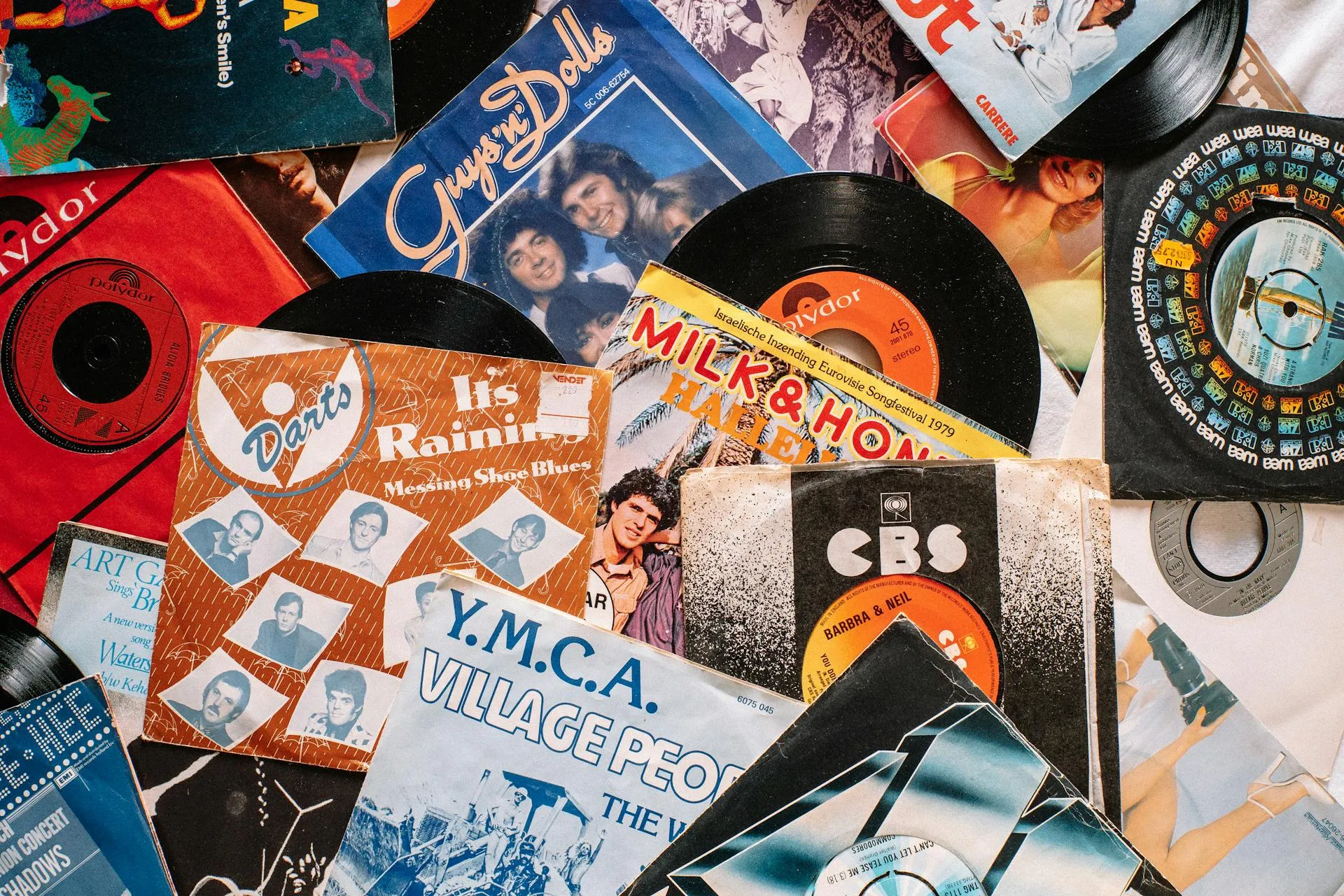The internet is a space where trends, memes, and controversies emerge and vanish at an astonishing pace. Among the countless viral sensations that have captured the attention of online communities, the “Mia Khalifa Song” stands out as a particularly intriguing phenomenon. This article delves into the origins, themes, virality, impact, and ethical considerations surrounding this captivating piece of internet culture.
The Origin of the “Mia Khalifa Song”
Background of Mia Khalifa
To understand the context of the “Mia Khalifa Song,” it’s essential to first explore the background of its namesake, Mia Khalifa. Mia Khalifa, a former adult film actress, gained worldwide notoriety during her brief but impactful stint in the adult entertainment industry. Despite retiring from the industry in 2015, Khalifa remains a polarizing figure on the internet, known for her outspokenness on various issues and her active social media presence.
How the Song Originated
The “Mia Khalifa Song” emerged from the depths of the internet, its origins shrouded in mystery. It first gained traction through various social media platforms before finding a home on YouTube, where it rapidly gained popularity. The song’s catchy beat and controversial lyrics quickly captured the attention of online audiences, sparking both fascination and criticism.
Initial Reception on YouTube
Upon its debut on YouTube, the “Mia Khalifa Song” elicited a range of reactions from viewers. Some were drawn to its infectious rhythm and catchy lyrics, while others criticized its explicit content and portrayal of Mia Khalifa. Despite the controversy surrounding the song, it continued to garner views and engagement on the platform, propelling it to viral success.
Analysis of the Song’s Lyrics and Themes
Examination of the Lyrics
At the heart of the “Mia Khalifa Song” are its provocative lyrics, which make explicit references to Mia Khalifa’s past in the adult film industry. The song’s creators use Khalifa’s persona as a central theme, weaving her image into the fabric of the song’s narrative. While some listeners appreciate the song’s boldness and irreverence, others view it as disrespectful and demeaning.
Themes Depicted in the Song
Beyond its explicit lyrics, the “Mia Khalifa Song” explores broader themes related to fame, controversy, and internet culture. Through its portrayal of Mia Khalifa and its commentary on societal attitudes towards celebrity, the song offers a glimpse into the complexities of modern-day fame and the blurred lines between reality and fantasy in the digital age.
Controversies Surrounding the Lyrics
Unsurprisingly, the explicit nature of the song’s lyrics has sparked numerous controversies. Critics argue that the song promotes misogyny and objectification, perpetuating harmful stereotypes about women in the process. However, supporters of the song maintain that it should be viewed as a form of artistic expression and satire, pushing the boundaries of acceptable discourse on the internet.
Virality and Spread on YouTube
Factors Contributing to its Viral Success
The “Mia Khalifa Song” owes much of its success to the power of social media and internet memes. Its catchy melody and controversial lyrics quickly caught the attention of online communities, leading to widespread sharing and remixing. Memes and parodies related to the song further fueled its viral spread, amplifying its reach across the internet.
Social Media Influence on the Song’s Popularity

Social media platforms such as Twitter, Instagram, and TikTok played a crucial role in amplifying the song’s reach. Hashtags and challenges related to the song encouraged users to create and share their own content, contributing to its viral success. The song’s presence on these platforms further solidified its status as a cultural phenomenon.
Memes and Parodies on YouTube Related to the Song
The popularity of the “Mia Khalifa Song” inspired countless memes and parodies on YouTube, showcasing the creativity and humor of content creators. From lighthearted tributes to clever satires, these videos offer new perspectives on the song’s themes and add to its cultural significance. Despite the controversy surrounding the song, its influence on internet culture is undeniable.
Impact and Reception
Public Reaction to the Song on YouTube
The song’s reception on YouTube has been divisive, with viewers expressing a wide range of opinions in the comment sections of related videos. While some praise its catchiness and boldness, others condemn its controversial content and its portrayal of Mia Khalifa. The heated discussions surrounding the song highlight the complexities of interpreting and engaging with provocative content on the internet.
Mia Khalifa’s Response to the Song
Mia Khalifa herself has addressed the song on social media, offering a mixture of amusement and frustration at its continued popularity. While she acknowledges the song’s existence, she has also criticized its portrayal of her and its impact on her personal life. Khalifa’s perspective adds a layer of complexity to the conversation surrounding the song, highlighting the real-world implications of internet fame and notoriety.
Influence on Popular Culture and Internet Trends
The “Mia Khalifa Song” has left a lasting mark on popular culture and internet trends, inspiring countless imitations and references in online discourse. Its legacy serves as a reminder of the power of viral content to shape and influence digital communities, sparking conversations and debates that extend beyond the confines of YouTube. As the internet continues to evolve, so too will the discussions surrounding provocative content like the “Mia Khalifa Song,” reflecting the ever-changing landscape of online creativity and expression.
Legal and Ethical Considerations
Copyright Issues Surrounding the Song
The unauthorized use of Mia Khalifa’s likeness and persona in the song raises questions about copyright infringement and intellectual property rights. Content creators must navigate these legal complexities while engaging with controversial subjects on platforms like YouTube, ensuring that they respect the rights of individuals and uphold ethical standards in their work.
Ethical Concerns Regarding the Portrayal of Mia Khalifa
Critics argue that the song perpetuates harmful stereotypes and objectifies Mia Khalifa, ignoring her agency and contributions beyond her past in the adult film industry. Content creators must consider the ethical implications of their work and strive to portray individuals with respect and dignity, recognizing the impact that their content can have on real people’s lives.
YouTube’s Policies on Controversial Content
YouTube’s community guidelines prohibit content that promotes hate speech, harassment, or violence, but the enforcement of these policies remains a subject of debate. The “Mia Khalifa Song” tests the boundaries of acceptable content on the platform, raising questions about censorship and free expression. As YouTube continues to refine its policies and practices, content creators must remain vigilant in their adherence to these guidelines while pushing the boundaries of creative expression.
The Mia Khalifa Song
Stands as a fascinating case study in internet culture and viral phenomena, offering insight into the complexities of fame, controversy, and artistic expression in the digital age. Its widespread popularity and enduring impact underscore the profound influence that viral content can have on online communities, shaping conversations and trends in unpredictable ways. As the internet evolves, so too will the debates and discussions surrounding provocative content like the “Mia Khalifa Song,” reflecting the ever-changing nature of online discourse and creativity.



